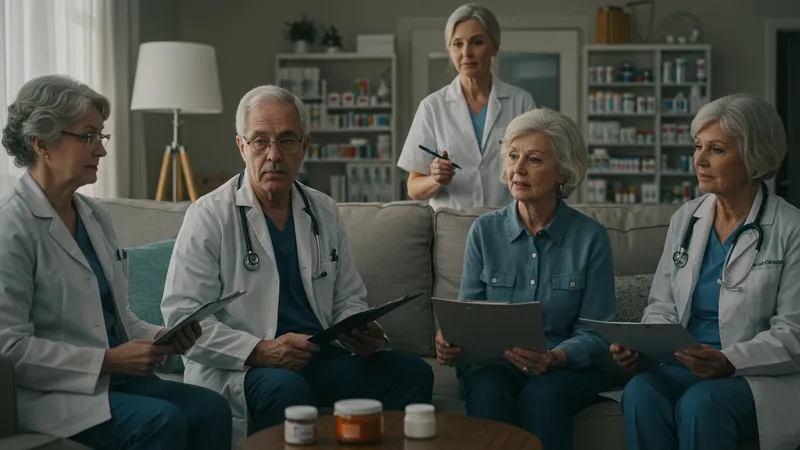
Understanding Swnior Pneumonia: Risks And Care
Ongoing Support and Recovery Pathways for Senior Pneumonia in Australia
Ongoing recovery from pneumonia often demands a coordinated approach, combining primary care, allied health support, and social resources. For seniors in Australia, post-discharge follow-up is crucial to prevent relapses and ensure regaining of baseline function. GPs create individualised care plans, which may include physiotherapy to rebuild strength, dietary support, and regular medication reviews. Government-funded programs like My Aged Care connect eligible seniors with home visits and community nursing, helping to bridge the transition after hospitalisation.

One emerging area in Australian care is the involvement of pharmacists and dietitians in extended pneumonia follow-up. Medication reconciliation (to avoid drug interactions and over-sedation) and nutritional counselling are integrated into recovery pathways for those at heightened recurrence risk. These professionals coordinate with GPs and families, helping seniors adhere to treatment regimens and rebuild resilience after infection.
Mental health is also recognised as a key component of pneumonia recovery. Prolonged illness can lead to isolation, anxiety, or depression, which impede recuperation. Support groups within residential aged care, telephone outreach, and community centers provide both social connection and reassurance for seniors adjusting after a serious respiratory infection. Health campaigns encourage ongoing program participation, especially during winter, to strengthen overall wellbeing.
Australian data highlights the value of tailored, ongoing monitoring for remote and marginalised communities. Telehealth check-ins, outreach nursing, and transport assistance for follow-ups make sure that nobody is left vulnerable due to distance or social factors. As research and policy continue to evolve, the overarching aim remains constant: holistic, inclusive care that empowers Australia’s seniors to live healthier, more resilient lives in the face of pneumonia risk.